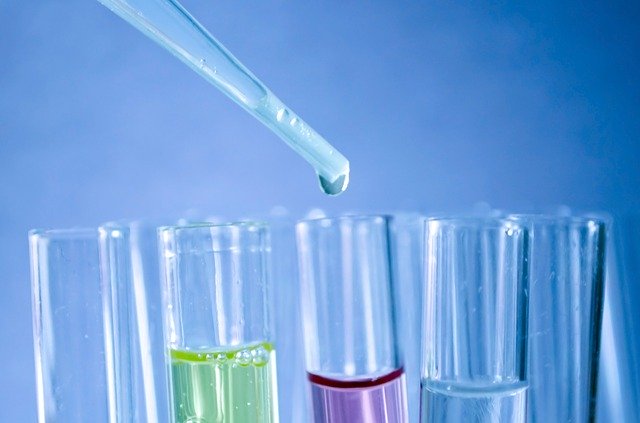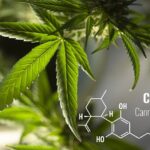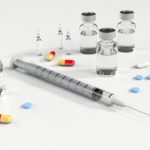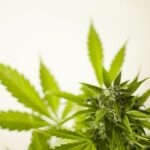Cannabidiol has been the substance of the moment for many years. More and more people turn to this natural remedy each day thanks to the many benefits that it has in our health. CBD can help you alleviate many conditions, including pain, anxiety, seizures, and glaucoma. Today, the market is full of CBD products. There are CBD formats for everyone: oils, gummies, creams, gels, vapers. But, despite its popularity, CBD still raises concerns among the public. For instance, some people wonder if CBD has psychoactive effects (if you are a CBD user, you already know that this is not the case). On the other hand, there are many individuals who wished to try CBD but don’t do it because they’re afraid of a false positive in a drug test. But does CBD show up in drug tests? We’ll answer this question in this article.
The Main Cannabis Compounds: CBD and THC
Before digging into our main subject, you must understand the cannabis plant and its differences. The cannabis sativa is widely known for its psychoactive effects. When we think of cannabis, we usually picture a young fellow smoking a joint. But the plant is much more than that. The cannabis plant has many compounds, including THC and CBD (which are the most prominent). But there are important differences between the two. Let’s see them below:
- THC (tetrahydrocannabinol) is the most popular and controversial cannabis compound. This ingredient is what gives the plant its psychoactive effects and it’s prohibited in many regions.
- CBD (cannabidiol) is the other main active compound in the cannabis plant. It can be extracted from cannabis sativa or from hemp, a variety of cannabis which is mainly used in the food and textile industries. Contrary to its cousin THC, CBD doesn’t hold any psychoactive properties.
Now that you know the difference between the two, the big question is: does CBD show up in drug tests?
How Are Drug Tests Performed?
Typically, drug tests are required by employers to determine if a potential employee might be using drugs or to identify drug abuse at the workplace. Additionally, employers may require a drug test to avoid safety issues. Additionally, drug tests can be performed in athletes, people who had an accident that resulted in some kind of damage.
There are various methods to perform drug tests:
- Urine analysis. This is one of the most effective methods and can screen for 5-10 types of substances. It is also the only method that can be used in a safety-sensitive workforce.
- Saliva testing is the most common method to test drug use. Also known as a mouth swab test, it is used to determine recent drug use. However, this type of test is not effective to determine long-term drug use, since it only detects usage up to 2 days.
- Blood testing is used to determine if the individual is currently under the influence of a drug. This is the most invasive testing method.
- Hair testing can be used to determine the long-term use of drugs: over 3 months.
After the samples are collected, they are sent to a certified laboratory that will perform the analysis.
Which Substances Are Detected in Drug Tests?
There are two types of drug screening tests according to the substances to detect:
- 5-panel drug tests to identify the use of THC (marijuana), cocaine, PCP, opiates, amphetamines, methamphetamine, and MDMA.
- 10-panel drug tests identify all the above plus methadone, narcotic prescription drugs, benzodiazepines, barbiturates, methaqualone, propoxyphene (the last two types of drugs are no longer available in the US market).
Does CBD Show Up in Drug Tests?
So, now to the big question: does CBD show up in drug tests? As you can see above, CBD is not included in any of the screening drug test panels.
While its cousin THC is included in all types of tests, pure CBD won’t trigger a false positive in a drug test. So, what is pure CBD? Let’s see an explanation below.
If you are planning to use CBD but are afraid of a false positive in a drug test, there’s a final consideration that you should take into account. Typically, you can find two types of CBD products in the market: CBD isolates and Full spectrum CBD. It is important to learn the difference between the two to avoid problems.
Full-spectrum CBD are products that contain small traces of THC (below 0.3%, which is the legal minimum). If you use these types of products, there is a small chance that it can trigger a positive on THC.
Conversely, CBD isolates don’t contain any THC so they should not trigger a false positive. So, if you have to undergo a drug test, it is recommended to use only CBD isolate products.



